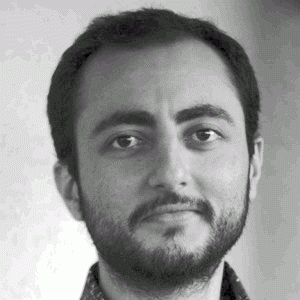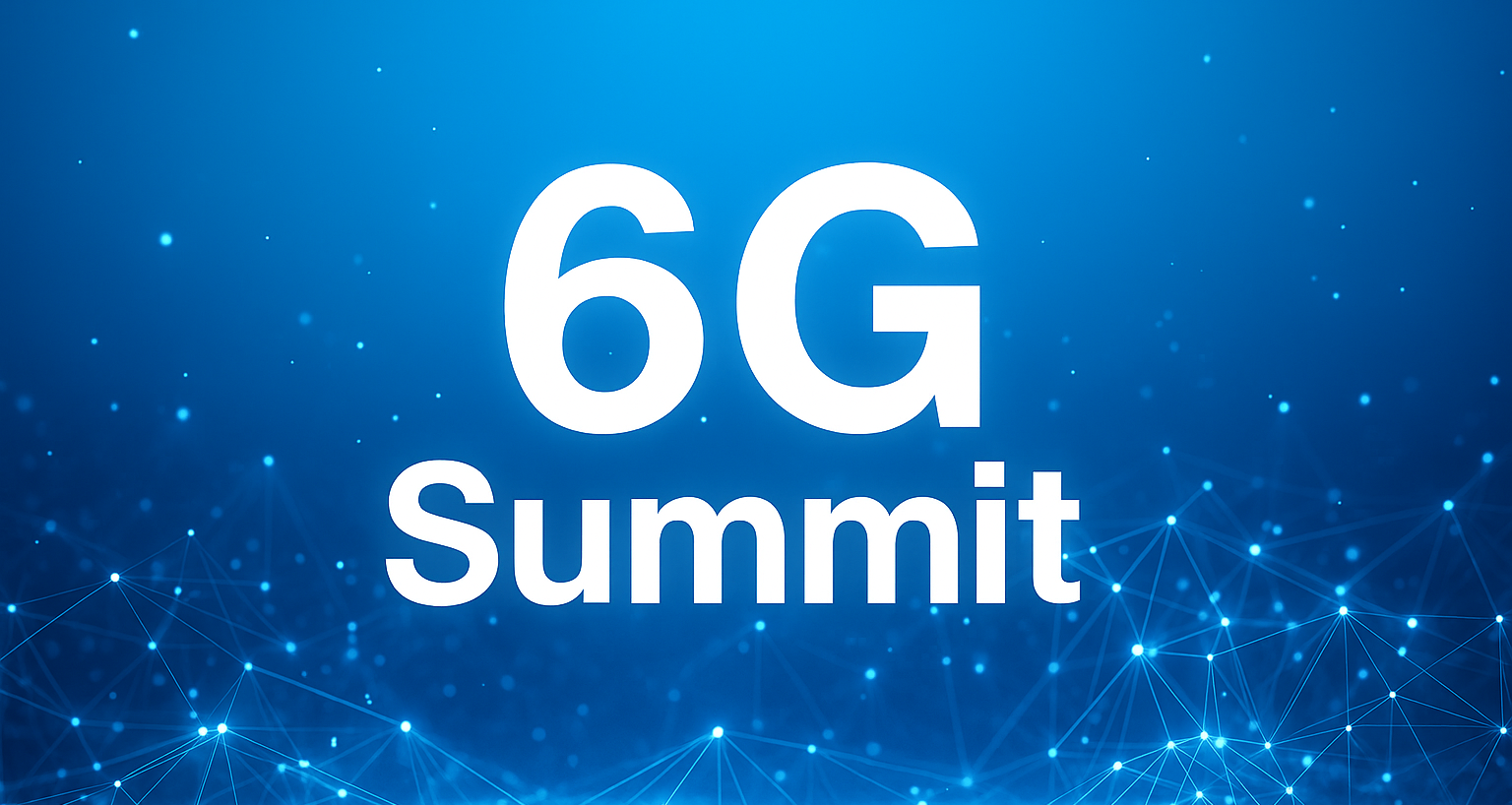Date and time: 24 March 2022, 12:00 – 13:00 CET (UTC +1)
Speaker: Dr Mustafa Özger, KTH Royal Institute of Technology
Title: Urban Air Mobility and AI-assisted Handover Management for UAVs
Zoom: https://kth-se.zoom.us/j/69560887455
Meeting ID: 695 6088 7455
Password: 755440
Watch the recorded presentation:
 Abstract: Recent developments in the aviation industry have opened new opportunities in the sky. One of the most important ones is a concept for passenger and cargo transportation in the third dimension (3D), called urban air mobility (UAM). It promotes smart mobility in the sky with flying vehicles (FVs), which are mainly unmanned aerial vehicles (UAVs) and electric vertical take-off and landing (eVTOL) aircraft.
Abstract: Recent developments in the aviation industry have opened new opportunities in the sky. One of the most important ones is a concept for passenger and cargo transportation in the third dimension (3D), called urban air mobility (UAM). It promotes smart mobility in the sky with flying vehicles (FVs), which are mainly unmanned aerial vehicles (UAVs) and electric vertical take-off and landing (eVTOL) aircraft.
The emergence of eVTOLs and UAVs raises expectations that future low-altitude airspace will undergo a transformation toward a denser and more diverse occupation. Conventional Air Traffic Management (ATM) systems are not designed to handle such operations in urban areas due to the expected high number of FVs, and as a result, the Urban Traffic Management (UTM) framework is being developed. It will manage the flight operations in the low-altitude airspace and enable FVs to safely and efficiently fly in airspace controlled by Air Traffic Control (ATC).
Communication connectivity plays a vital role in the operations of emerging FVs and UTM. Cellular-connected UAVs are promising to achieve robust connectivity. However, cellular connectivity for UAVs comes with a wide set of challenges as well as opportunities. Communication of cellular-connected UAVs is influenced by 3-dimensional mobility and line-of-sight channel characteristics which result in a higher number of handovers with increasing altitude. We will formulate an optimization problem for the handover management and resource allocation for cellular-connected UAVs and transform it to a machine learning problem for which a reinforcement learning (RL) algorithm is proposed as a solution.
The design of this algorithm features incorporating different sources of rewards and regrets with respect to the network resources, and UAV related key performance indicators such as delay, interference to ground BSs of coexisting terrestrial users, and frequent handovers for UAVs. We will investigate the performance of the proposed RL algorithm for handover management in terms of the number of handovers, incurred interference and experienced delay.
Bio: Mustafa Özger received his B.Sc. degree in electrical and electronics engineering from Middle East Technical University, Ankara, Turkey, in 2011, and his M.Sc. and PhD degrees in electrical and electronics engineering from Koc University, Istanbul, Turkey, in 2013 and 2017, respectively. Currently, he is a researcher at KTH Royal Institute of Technology, Stockholm, Sweden. His research interests include the Internet of Things, non-terrestrial networks and the application of machine learning techniques in wireless network problems.





